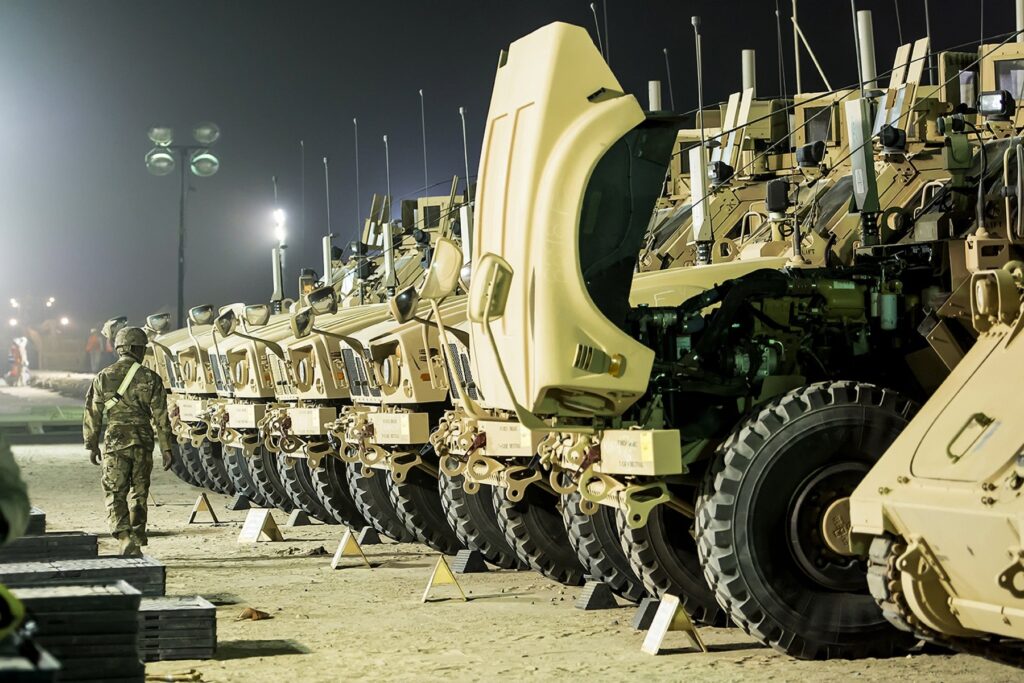Military Logistics: Challenges and Solutions for Modern Capacity

Military logistics faces constant challenges. The need to quickly deploy resources is paramount. Modernizing this area is crucial. This impacts the entire military supply chain, making it more complex.
Modernizing Military Logistics
The US military is working to modernize its logistics. This involves updating technology and processes. The goal is to improve efficiency. This includes better tracking and inventory management. The military is also focused on improving its warehousing capabilities.
Impact of Logistics on Military Readiness
Effective logistics directly impacts military readiness. Efficient supply chains mean resources arrive when needed. This reduces delays and supports operational goals. A well-managed supply chain minimizes waste. It also improves the overall effectiveness of military operations.
Key challenges for the military’s logistics
One of the biggest challenges is the sheer scale of operations. Moving troops and equipment is complex. The geographic reach of the military is also vast. This means coordinating across multiple locations. Other challenges are the need to maintain speed and accuracy. Rapid response is essential in many situations.
Technological Advancements in Military Logistics
Technology plays a key role in military logistics. Advanced software helps track assets. This improves visibility across the supply chain. Artificial intelligence (AI) is also being used. AI can optimize routes and predict needs. There is also growing use of data analytics. It helps in making better decisions.
Future of Military Supply Chains
The future of military logistics looks promising, with constant advancements reshaping how supply chains operate. New technologies, including AI, advanced tracking systems, and predictive analytics, are constantly emerging. These innovations will lead to even greater efficiencies and faster response times during critical missions. Collaboration is also becoming more important than ever, as partnerships between military and civilian logistics providers can enhance flexibility and broaden capabilities. Working closely with private-sector experts will be vital for achieving scalable, secure, and efficient logistics operations in the years ahead.
